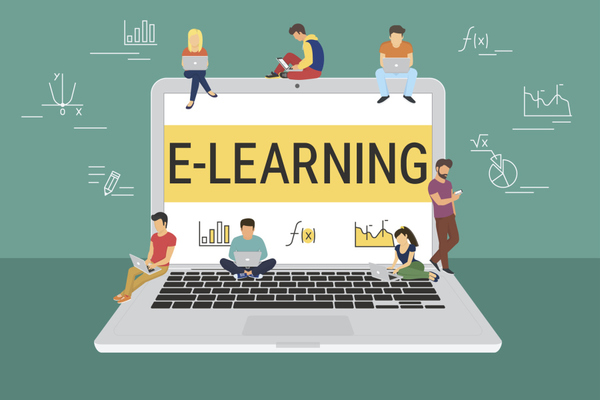
Digital Competence has been acknowledged as one of the eight key competences for Lifelong Learning by the European Union and it is the broad, critical and creative use of ICT to achieve goals related to teaching and learning, and is considered a transversal key competence which enables us to acquire other key competences. With this project the partners aim at developing and increasing their knowledge, skills and attitudes needed to be digitally competent through sharing godd practices, collaboration and interaction at European level.
The need to apply a project related to digital technologies and of innovative and open pedagogies in education came as a great opportunity to all of us facing and struggling with new challenges that arose with the COVID-19 pandemic and the switch to distante or online teaching. We have been managing to handle the rapidly changing situation trying to offer equal opportunities to all of our students and teachers but there is an increasing need to develop our digital technology skills and knowledge and make our online classes more innovative and motivating for everyone involved. Some of us face difficulties with simple internet accessibility, lack of devices needed for the situation we live in, and while the governments have done their best to supply all with the basic necessities, for the educators it is of key importance to discover new, innovative methods of teaching with digital technologies, which means we need to discover and learn how to use different tools and apps that are user-friendly and not too complicated for our everday routine. Our duty is to help students become digitally competent, and to achieve this the teachers have to develop their own digital competences. The emphasis on why the teachers have to develop their digital competences and skills lies in the fact that they are the ones whose role is to provide high quality and inclusive digital education for all our students, especially for those facing issues related to the internet access and technology use by underrepresented groups or students with disabilities. The partners in this application strongly believe that by sharing our knowledge and expertise in different fields will enable our professional and personal growth.
All the partners are eager to get involved in the project that will include activities that will help to adapt to online/ distance learning through the cooperation and networking between partner organisations and will support all the parties involved, teachers and students, to easily adjust to the challenges in their new learning environment. We want to introduce the activities that will increase teachers and students' knowledge, skills and competences acquired through formal, non-formal and informal learning, and based on the principles of equity, diversity and inclusion. One of our main goals is to deal with the topic of safety on the internet and we will organize activities to teach and promote safer and more responsible use of digital technology, in relation to personal protection, data protection, digital identity protection, security measures, safe and sustainable use. Other topics are related to activities whose aim is to understand how best to incorporate digital online technology into subject-specific teaching, training and learning, including work based learning.
We intend to use different evaluation methods to see if the project objectives are met self-assessment tools and training programmes have been developed to describe the facets of digital competence for educators and to help them assess their competence, identify their training needs and offer targeted training. The emphasis is on communication in digital environments, sharing resources through online tools, linking with others and collaborating through digital tools and on the other hand, to create and edit new content and integrate and re-elaborate previous knowledge and content.
We also want to deal with the safety on the internet, negative consequences of online learning, free time activities or interests to get engaged when you feel too tired and overwhelmed from spending too much time on your computer, a variety of options on culture, heritage, sport, and other fields of interest for young people that you can find in digital form and that can be educational.